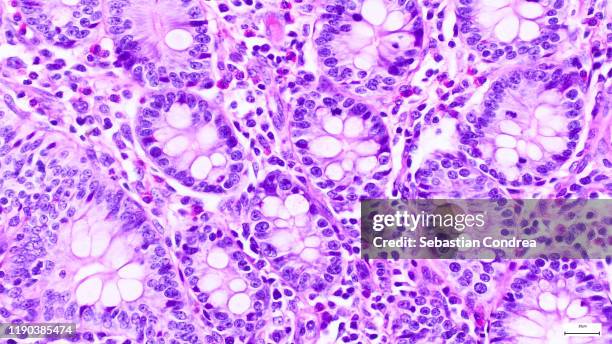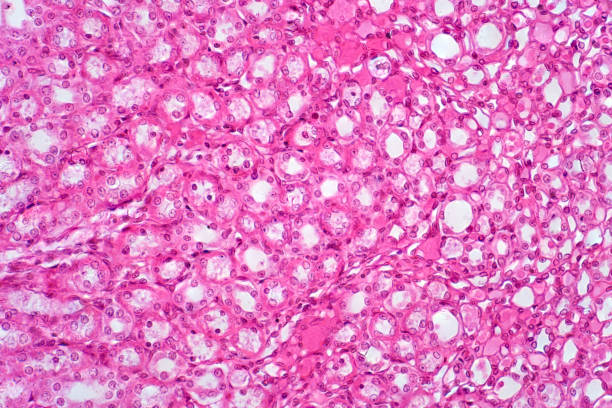Unveiling the Mystery: A Dive into Animal Histopathology with DNA Lab
Have you ever wondered what happens behind the scenes when your furry friend undergoes a biopsy? The answer lies in the fascinating world of histopathology! This branch of veterinary medicine plays a crucial role in diagnosing animal diseases by examining tissues under a microscope.
Here at DNA Lab, we’re passionate about providing top-notch histopathology services for animals. Today’s blog delves into this essential diagnostic tool and how it benefits your pet’s health.

What is Histopathology?
Histopathology involves examining a small sample of tissue, usually obtained through a biopsy, under a microscope. This allows our veterinary pathologists to assess the cellular and structural characteristics of the tissue. By analyzing these features, they can identify abnormalities that may indicate disease.

How Does Histopathology Help Animals?
Histopathology serves as a cornerstone for diagnosing various animal health conditions, including:
- Cancer: Identifying specific types of cancers and their aggressiveness.
- Inflammatory diseases: Pinpointing the cause of inflammation in organs like the skin, kidneys, or intestines.
- Infectious diseases: Detecting the presence of pathogens like bacteria or viruses.
- Organ dysfunction: Understanding the underlying cause of organ malfunction.

Benefits of Histopathology for Your Pet
By providing a definitive diagnosis, histopathology empowers veterinarians to:
- Develop a targeted treatment plan for your pet’s specific condition.
- Monitor the effectiveness of treatment and make adjustments if necessary.
- Offer a more accurate prognosis for your pet’s future health.
Working Together for a Healthy Pet
If your veterinarian recommends a biopsy for your pet, rest assured that histopathology is a powerful tool for unraveling the mystery behind their condition. Partnering with a reliable histopathology lab like DNA Lab ensures your pet receives the best possible care.
